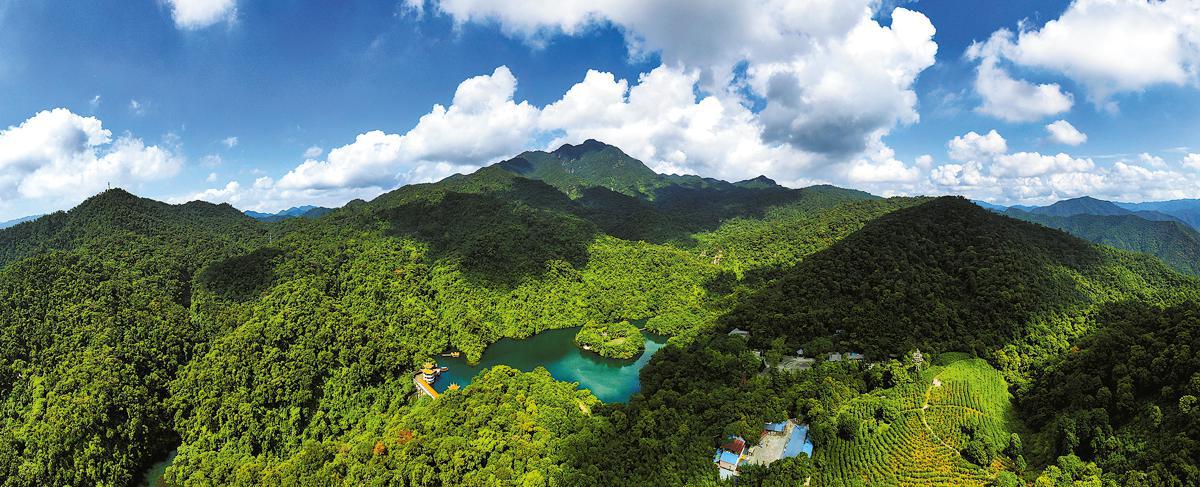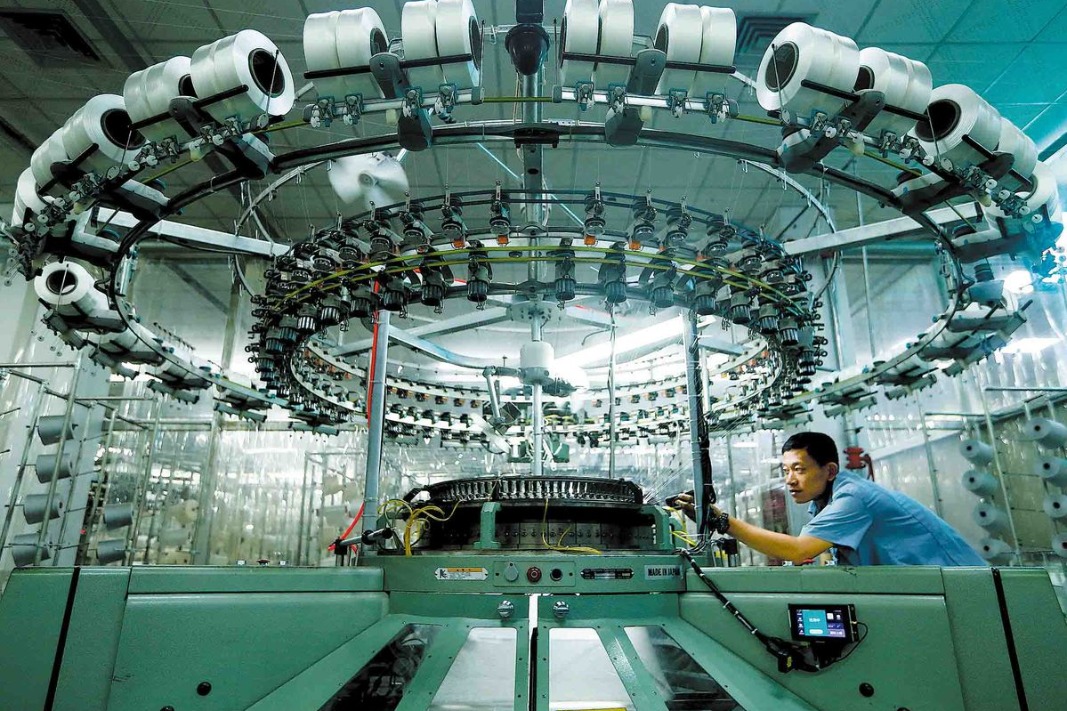Reserve a scientific sanctuary
Research station pioneers approaches to tackling climate change


In 2006, a research paper published in Science by the research team caused a global sensation.
The 0-20 centimeter soil layer in a 400-year-old primeval forest in Dinghu Mountain was accumulating organic carbon at a surprising average rate, challenging the traditional "zero carbon sink" notion of mature forests and opening new paths for global carbon cycle research and climate change mitigation.
"Sustained 24-year monitoring data was the key to the breakthrough," Liu said.
The research team systematically analyzed data from 1979 to 2003, proving for the first time the sustained carbon sequestration ability of mature forests.
Based on this discovery, the team proposed a "non-equilibrium theory framework" for ecosystems, significantly influencing global carbon cycle research.























